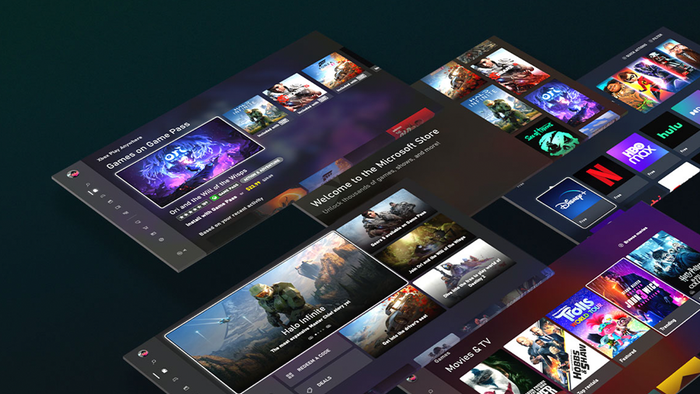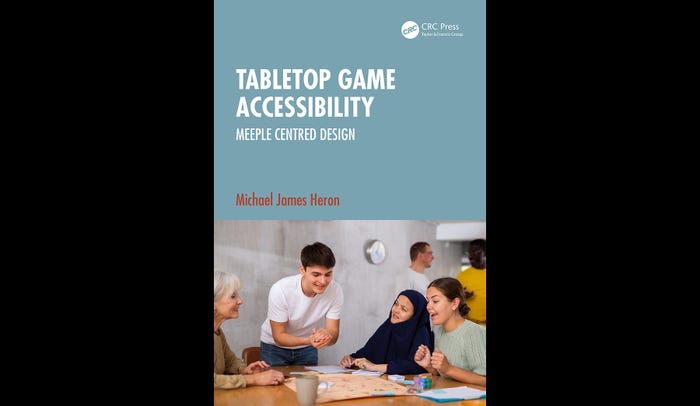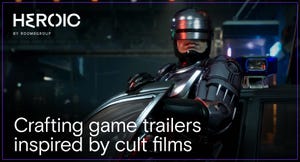Feature: 'A Pro on Fan-Translating Nintendo's Mother 3'
In an in-depth new interview posted over the holidays, Gamasutra talks to Mother 3 fan-translator Clyde 'Tomato' Mandelin on working on the unofficial translation
December 29, 2008

Author: by Staff
In this in-depth interview, Gamasutra talks to Mother 3 fan-translator Clyde 'Tomato' Mandelin on working on the unofficial translation of the Nintendo classic, his day job in game translation, and his localization heroes. Though translating Japanese ROMs, or copies of video games downloaded from their cartridges, occupies a grey legal area, Mandelin believes that there is an ethical framework guiding the unofficial game translation community: "'First and foremost, ROM translation is a hobby, not a way to earn money or stick it to the man,' he says. 'As an example, the central hub for ROM hacking and translating, romhacking.net, won't post translations for recent games, and in some cases, like with the Mother 3 project, we were fully prepared and willing to stop our work immediately if there had been any word from the game's IP owner.' 'In general, I think all respectable fan translators know exactly what they're doing, and only work on translations out of love. I think companies (or at least their legal departments) understand this, and it's this mutual understanding that has kept ROM translators free from cease-and-desist letters.' Perhaps this is true for purely amateur ROM hacker fans, but we wonder whether those who try to make the jump from fandom to professional translator might be encumbered by this kind of shady past? 'I don't think any of the unofficial work I've done has ever been a hindrance to my career. ROM translations and other unofficial translations were actually a step in my goal of doing this for a living.'" 'The experience I gained from years of this work definitely helped when it came to step into the professional world. Some of the side skills I picked up along the way were also key in me being where I am today. Things like knowing how subtitle timing works and already being familiar with certain kinds of software helped immensely.' Mandelin currently works for FUNimation and Babel Media, a popular game localization agency. He notes that every professional translator he knows is or was a fan translator on the side, too, and that both types of projects are actually very similar. There are still a few differences between pro and fan translating, though: "The biggest difference is that you have deadlines with professional translations. And sometime they're very intense. In one case, I had two days to translate an entire Wii game. That can affect quality sometimes. Also, with a professional translation, you usually can't fix any mistakes. So, if you make an error or a typo (perhaps due to a tight deadline), it'll be out there in the public forever for fans to pick apart. With fan translations, you can always make revisions and release new versions easily. In a professional setting, you also have someone to answer to. That's not necessarily a bad thing, because it means you can get lists of official names and things like that, which help a lot. If you're really, really lucky, you might even be able to communicate with the creator of whatever you're working on to get clarification for things. With fan translation, you're free to do whatever you want. Sometimes that freedom makes fan translating less stressful than professional translating. For instance, if you have an official list of names, but there are obvious mistakes in the names (as often happens), you have to go through tons of red tape to get things fixed... and sometimes you can't get them fixed anyway. A fan translator, working on the same thing, could ignore all that and use the obviously correct name." You can read the full Gamasutra feature on the subject, which also details how the process of ROM translating and discusses where the fan translation scene is headed (no registration required, please feel free to link to this feature from other websites).
Read more about:
2008You May Also Like






.png?width=300&auto=webp&quality=80&disable=upscale)




